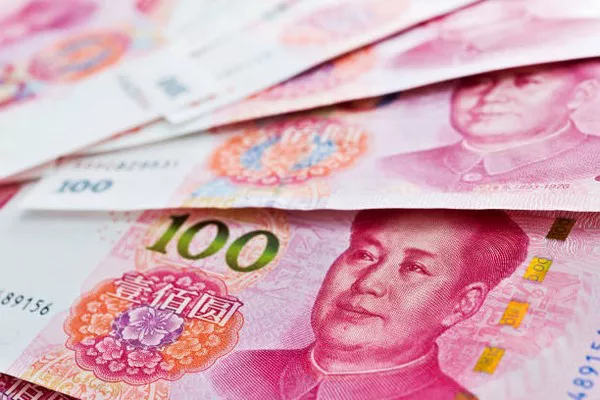The yuan exchange rate in North Korea is witnessing a significant surge, driven by heightened demand for the Chinese currency, spurred on by North Korea’s “regional development 20×10 policy.
According to the latest findings from Daily NK’s routine market price survey in North Korea, the exchange rate of the North Korean won (KPW) to the yuan reached KPW 1,550 in Pyongyang as of March 31. This marks a notable 14% increase from the previous survey conducted two weeks prior, when the yuan was valued at KPW 1,360 in the North Korean capital.
Similar trends of yuan strengthening were observed across other regions, with the most substantial spike noted in Hyesan, Yanggang Province. As of March 31, the yuan was trading at KPW 1,620 in Hyesan, reflecting a significant 16.7% surge from the previous survey’s rate of KPW 1,380.
This upsurge represents the most substantial increase in the yuan exchange rate since December 2022 when a similar surge occurred due to heightened imports, which had previously been curtailed by the COVID-19 border closure, alongside mounting trade expectations.
After maintaining stability within the range of KPW 1,200 for over a year, the yuan exchange rate surpassed KPW 1,400 in early February, following the announcement of North Korean leader Kim Jong Un’s regional development 20×10 policy, and has recently exceeded KPW 1,600. This marks the first instance where the yuan has risen above KPW 1,600 since the inception of Daily NK’s market exchange rate surveys in 2015.
The sharp climb is attributed to a surge in trading company activities nationwide spurred by the regional development 20×10 policy. A source within North Korea, speaking on condition of anonymity to Daily NK, highlighted the competition among the country’s 13 provinces in importing construction materials and expediting factory constructions. The source emphasized the heightened demand for yuan over dollars, as Chinese imports, including construction materials and machinery, are essential for these projects.
Notably, alongside the yuan, the U.S. dollar has also seen strengthening in North Korea, albeit not as sharply as the yuan. In Pyongyang, the market exchange rate of KPW to USD stood at KPW 8,720 as of March 31, reflecting a modest 2.6% increase from the preceding survey conducted on March 17.
In Sinuiju and Hyesan, the dollar was trading around KPW 8,700, marking a 1.5 to 2% increase from the previous survey. This marks the first instance since 2013 where the market rate for the U.S. dollar has surpassed KPW 8,700.
These current values of both the dollar and yuan exceed pre-COVID-19 border closure levels. However, despite the natural climb in exchange rates due to rising demand for foreign exchange amidst increasing regional trade, North Korea may view the sharp spike unfavorably, given its trade imbalance where imports outweigh exports.
Lim Song, a researcher at the Bank of Korea’s Economic Research Institute, noted that due to North Korea’s historical tendency to import more than it exports, a continuous climb in exchange rates could pose challenges. However, Song suggested waiting to see if North Korean authorities would intervene directly to manage the escalating exchange rates.
The translation was provided by David Black, with editing by Robert Lauler. Daily NK maintains a network of sources in North Korea, China, and elsewhere, whose identities are kept anonymous for security reasons. For further information regarding Daily NK’s reporting partners and information-gathering practices, please refer to the FAQ page.


